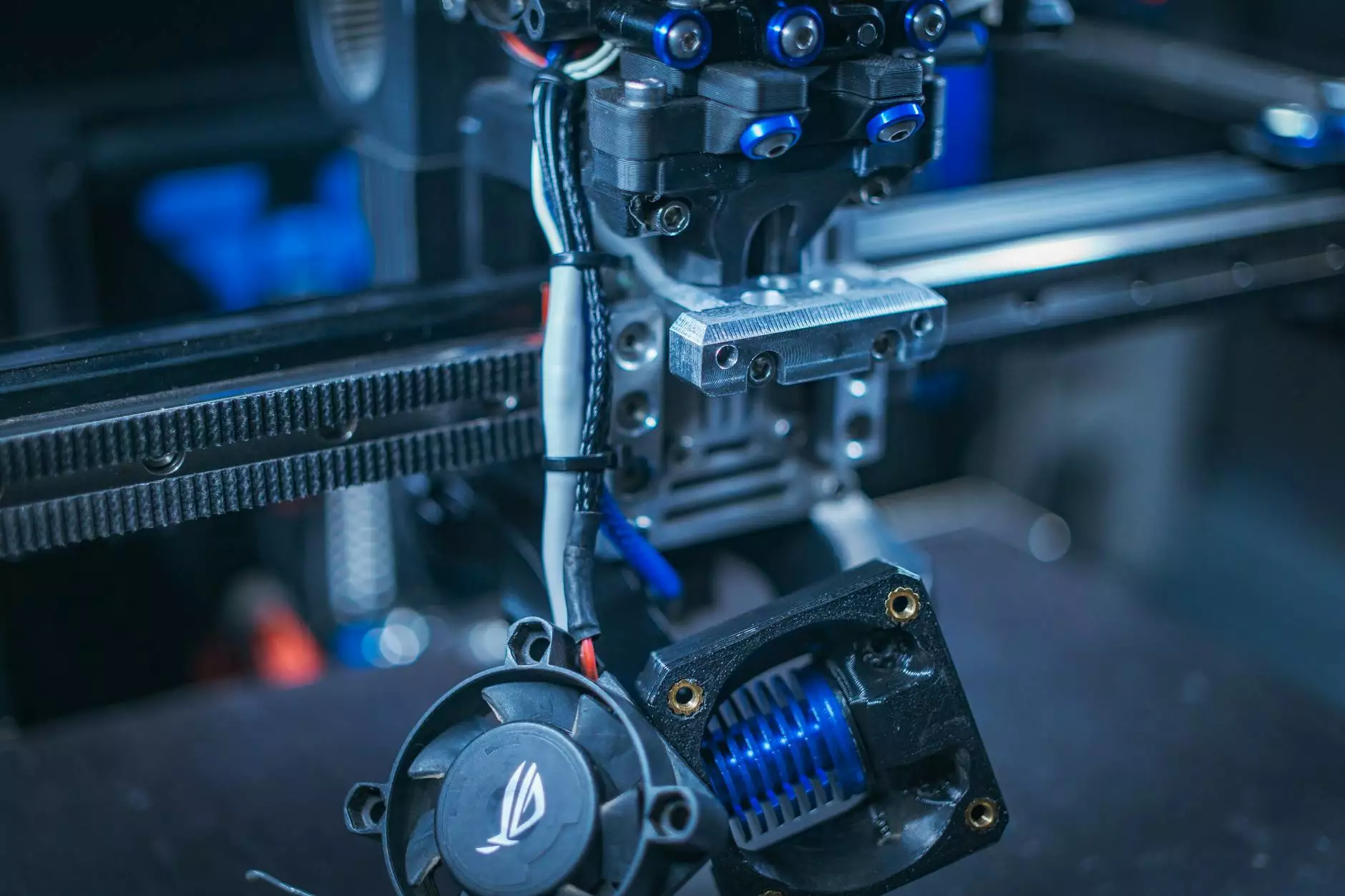Revolutionizing the Music Industry: The Rise of Music Streaming

Music streaming has become an integral part of our daily lives, fundamentally changing how we consume music. With the advent of the digital age, listeners no longer need to purchase physical albums or even download songs to enjoy their favorite tracks. Instead, services like Spotify, Apple Music, and Tidal offer vast libraries of music with just a few clicks or taps. In this article, we'll explore how music streaming is reshaping the music industry, particularly focusing on its effects on DJs and music production services.
The Evolution and Impact of Music Streaming
The transition to music streaming began in the early 2000s, with platforms like Pandora and Last.fm paving the way for more personalized listening experiences. However, it wasn't until the launch of Spotify in 2008 that music streaming truly gained momentum. Spotify's model of offering free ad-supported listening with a premium subscription option revolutionized how artists and listeners interact with music.
Benefits of Music Streaming for Artists
- Increased Exposure: Music streaming platforms provide artists with international reach, connecting them with listeners worldwide.
- Monetization Opportunities: While streaming pays less per stream compared to physical sales, it opens up new revenue streams through subscriptions and promotional partnerships.
- Analytics and Insights: Artists can access detailed analytics on listener demographics, geographic locations, and engagement, allowing them to tailor their marketing strategies effectively.
The DJ Experience in the Age of Streaming
For DJs, music streaming has transformed the way they source and play music. Traditional methods of carrying extensive collections of vinyl records or CDs are becoming obsolete as DJs can now create playlists from vast online libraries.
Advantages of Music Streaming for DJs
Here are a few significant advantages that music streaming brings to DJs:
- Access to Extensive Libraries: DJs can access millions of tracks, remix versions, and exclusive releases that enable them to create unique sets.
- Creative Flexibility: With playlists that can be edited in real-time, DJs can adapt to the crowd's mood easily, ensuring an exhilarating experience for their audience.
- Collaboration Features: Many platforms allow for collaborative playlists, letting DJs work together from different locations to create seamless sets.
Music Production Services and the Streaming Revolution
As music streaming continues to rise, it also transforms music production services. Producers must now consider how their music will be consumed and the best formats for streaming platforms rather than just focusing on traditional album formats.
Shifts in Music Production Techniques
The strategies employed by music production services have evolved due to the influence of streaming:
- Single Releases Over Albums: With the rise of playlists and algorithm-driven listening habits, many artists now release singles more frequently to maintain listener engagement.
- Focus on Key Songs: Producers are concentrating on creating standout tracks that become viral hits, as these often have a larger impact than entire albums.
- Emphasis on Production Quality: As competition grows, the quality of production has become more critical than ever, with services investing in top-notch sound engineering and mixing.
Challenges Faced by the Music Industry
While music streaming offers numerous benefits, it also presents several challenges that the music industry must address:
- Low Per-Stream Revenue: Artists often earn very little from each stream, leading to concerns about sustainable income.
- Market Saturation: The sheer volume of music available can make it difficult for new artists to gain visibility and for listeners to discover new music.
- Changing Listener Habits: As listeners consume music differently, artists and producers must stay on top of trends and listener preferences.
The Future of Music Streaming
The future of music streaming is a landscape filled with possibilities. With advancements in technology such as AI-driven playlists, enhanced user experiences through augmented reality (AR), and improved music discovery algorithms, the way we listen to and engage with music will continue to evolve.
Emerging Trends in Music Streaming
- Personalization: Expect even more tailored playlists that adapt to individual listening habits, focusing on creating an intimate music experience.
- Integration with Social Media: Platforms may offer more integrated experiences, allowing users to share and discover music in real-time across social media channels.
- Expansion of Live Streaming: As seen with live concerts during pandemic restrictions, live streaming of performances is likely to become a staple, allowing global audiences to engage with artists.
Conclusion
In conclusion, music streaming is not just a trend; it's a revolution that is reshaping the music industry in ways we've never seen before. From providing unprecedented access to extensive music libraries for DJs to transforming how music production services operate, streaming has carved out a new path for artists and listeners alike. While challenges remain, the future promises innovative solutions that will keep music vibrant and accessible. As we continue to embrace this digital revolution, one thing is clear: the beat goes on, and it's more exciting than ever.



